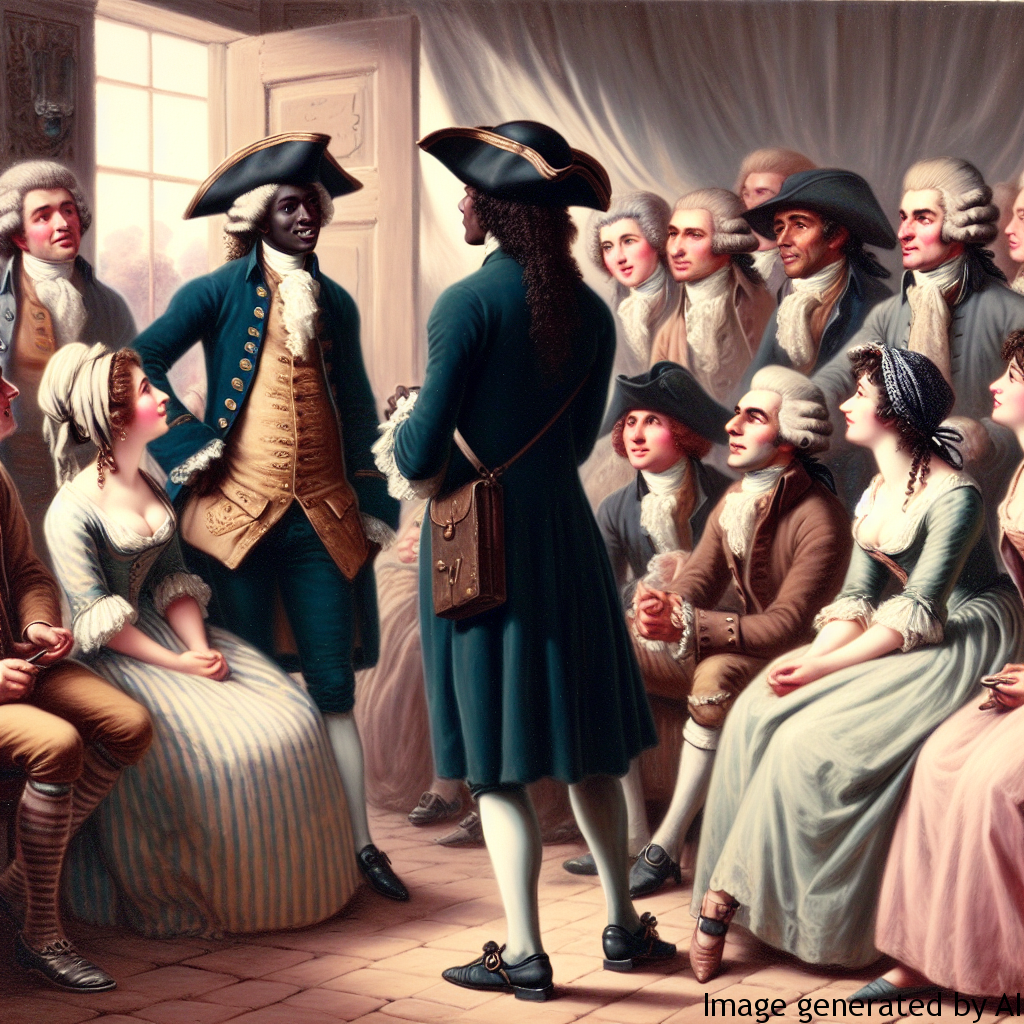Introduction
The story of Giacomo Casanova, an Italian adventurer and author from the 18th century Republic of Venice, has been etched in history as a tale of passion, seduction, and liberated sexual morality. His relentless pursuit of pleasure, documented in his memoir “Histoire de ma vie,” ignited a societal shift in accepted sexual norms. This article explores the changes in the perception and enactment of sexual morality, influenced by his story, with emphasis on the consequences of gender expectations and roles.
Description of Gender Expectations and their Influence on Men’s Psychological Health
The archetype of a “Casanova”, defined as an impassioned man captivating multiple women, has significant implications for the mental health of men.
Pressure to Conform
This model fosters a culture of expectation that requires men to be confident, assertive, and persuasive in sexual matters. These heightened societal expectations bear hefty pressure on many men, leading to high levels of anxiety, low self-esteem, and even depression for those perceived as not conforming.
Misinterpreted Masculinity
Moreover, the concept of sexual conquest as a marker for masculinity can create a toxic environment for men. It perpetuates harmful beliefs such as seeing vulnerability and emotional openness as indications of weakness, encouraging suppression of authentic sentiments, and stifling emotional growth.
Examples of How Gender Roles can Influence Men’s Lives
An example of such pressure can be seen in the phenomenon of “locker room talk,” where men may feel forced to exaggerate or fabricate their sexual exploits to fit in with their peers. Additionally, it has been noted that men who perceive themselves as not living up to the Casanova ideal may resort to unhealthy coping mechanisms such as excessive drinking or substance abuse. This behavioural pattern could potentially lead to dependencies or addictions, which heavily impact their quality of life and personal relationships.
Advice on Improving Psychological Health Considering Gender Roles
Improving men’s psychological health involves reassessing societal gender roles and expectations. Here are a few actionable tips:
- Encourage Emotional Expression: Cultivate environments in which men can openly express their emotions sans judgement. Lightening the load of unexpressed feelings can greatly enhance mental wellbeing.
- Adjust Expectations: The “Casanova” archetype should not be the defining measure of a man’s worth. Encourage qualities of respect, empathy, and mutual consent in sexual encounters.
- Seek Professional Help: In severe cases, seeking help from mental health professionals may be crucial. Therapy, counselling, or support groups can create a patient and understanding platform for men to express and deal with their pressures and problems in healthy ways.
Conclusion
The liberating and confining aspects of Casanova’s legacy reveal the complex intersection of sexual morality, gender roles, and men’s mental health. As we recognize the consequences of rigidly defined gender expectations and roles, it is time to move towards a more empathetic and understanding perspective. Reassessing these cultural narratives may ultimately pave the way for healthier relationships and improved psychological well-being for all.

